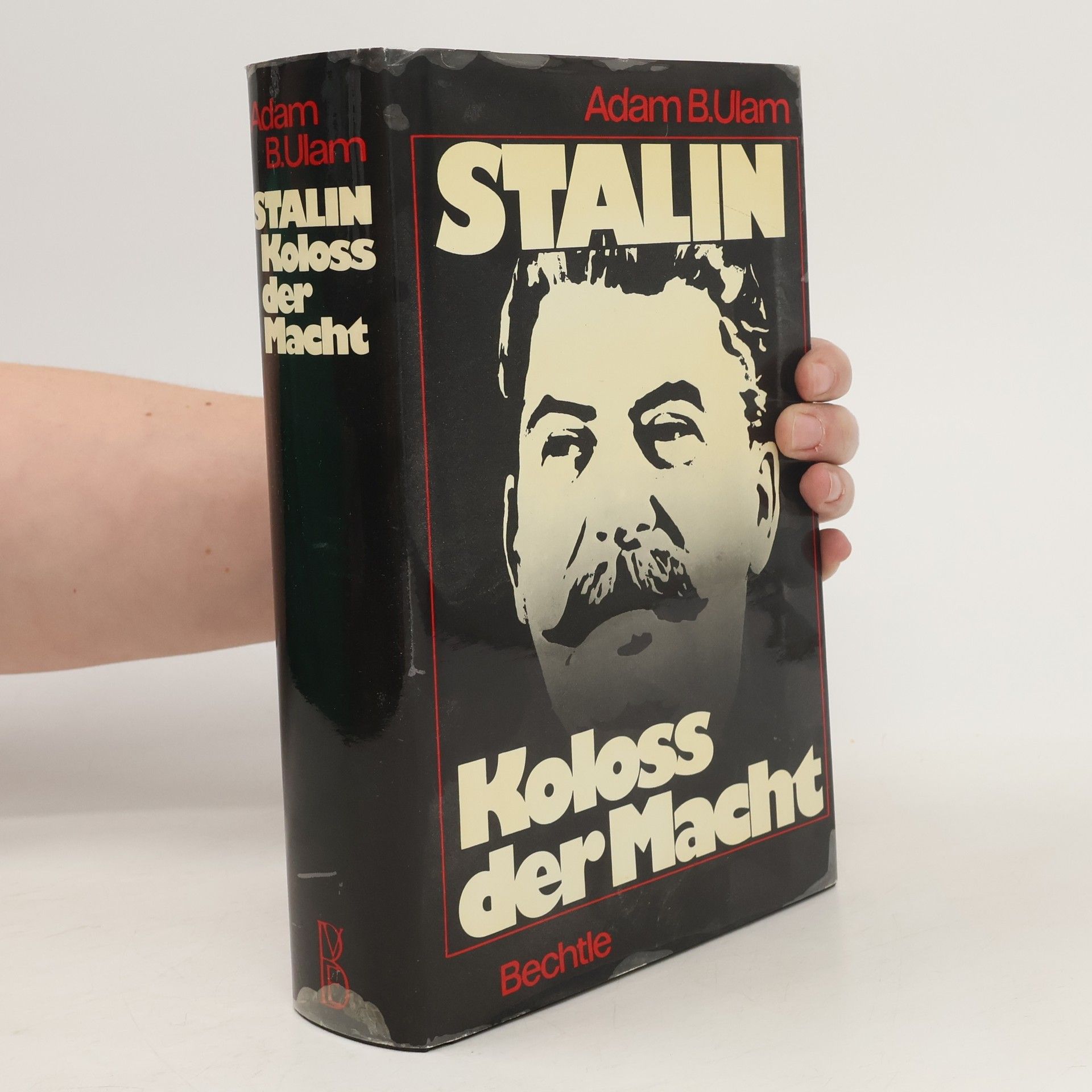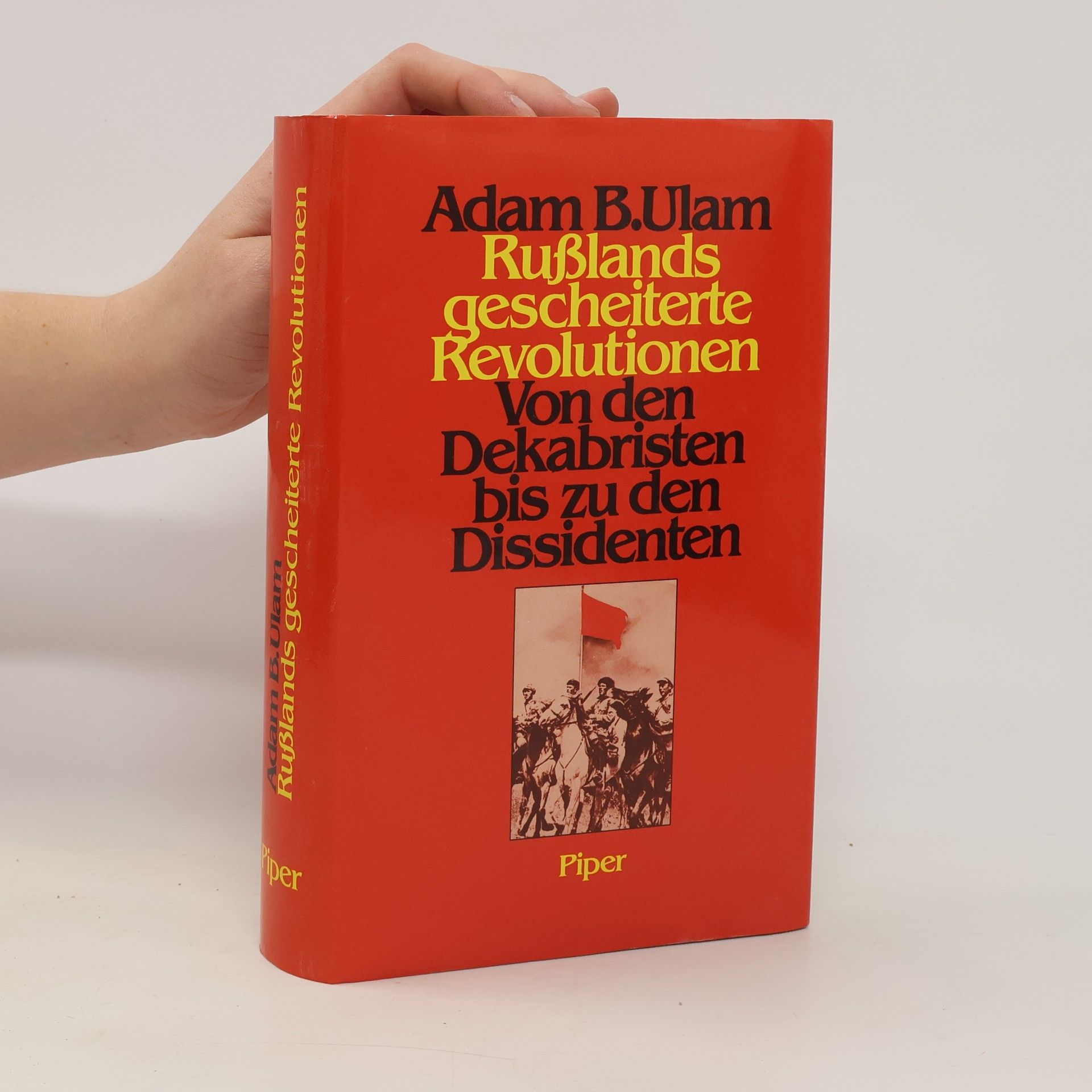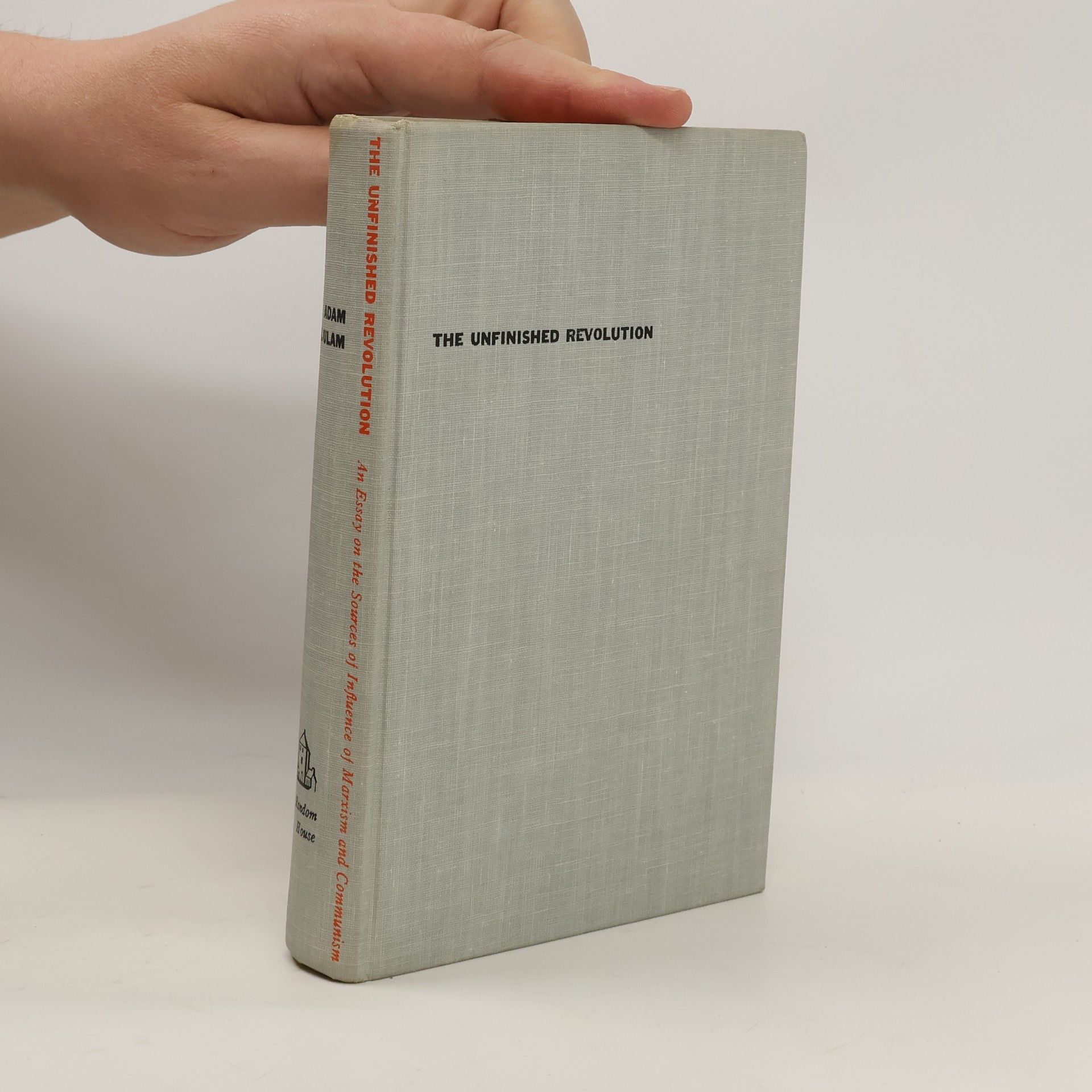Russlands gescheiterte Revolutionen
- 572pagine
- 21 ore di lettura
Adam Bruno Ulam fu uno storico e scienziato politico polacco-americano, riconosciuto come una delle massime autorità mondiali sulla Russia e l'Unione Sovietica. Autore di numerosi libri e articoli, approfondì la complessa storia e politica dell'Europa orientale. L'approccio di Ulam offrì ai lettori intuizioni uniche sugli eventi cruciali e sulle correnti intellettuali che plasmarono la regione. Il suo lavoro fornì una profonda comprensione delle forze che guidano questa parte vitale del mondo.


